There is a DataFrame in pandas, see image below
Basically it is a table scraped from Wikipedia's article: https://de.wikipedia.org/wiki/Liste_der_Gro%C3%9Fst%C3%A4dte_in_Deutschland#Tabelle
For further processing, I am trying to clean up the data. So, these statements work well
df['Name'] = df['Name'].str.replace('\d+', '')
df['Name'] = df['Name'].str.strip()
df['Name'] = df['Name'].str.replace(',', '')
df['Name'] = df['Name'].str.replace('-', '')
But how can I bring all these four statements into one? Probably using regular expressions.
I tried with df['Name'] = df['Name'].str.replace(r'[\d\-,]+', '') but it did not work. Maybe because of the word wrap character that was used.
My desired output is " Ber,li-n2 "-> "Berlin".
The unknown circumstances are going around 'Mönchengladbach1, 5'.
